5 Best Books of 2023
1/2 of the BEST books I’ve read this year. 4 memoirs 1 fiction
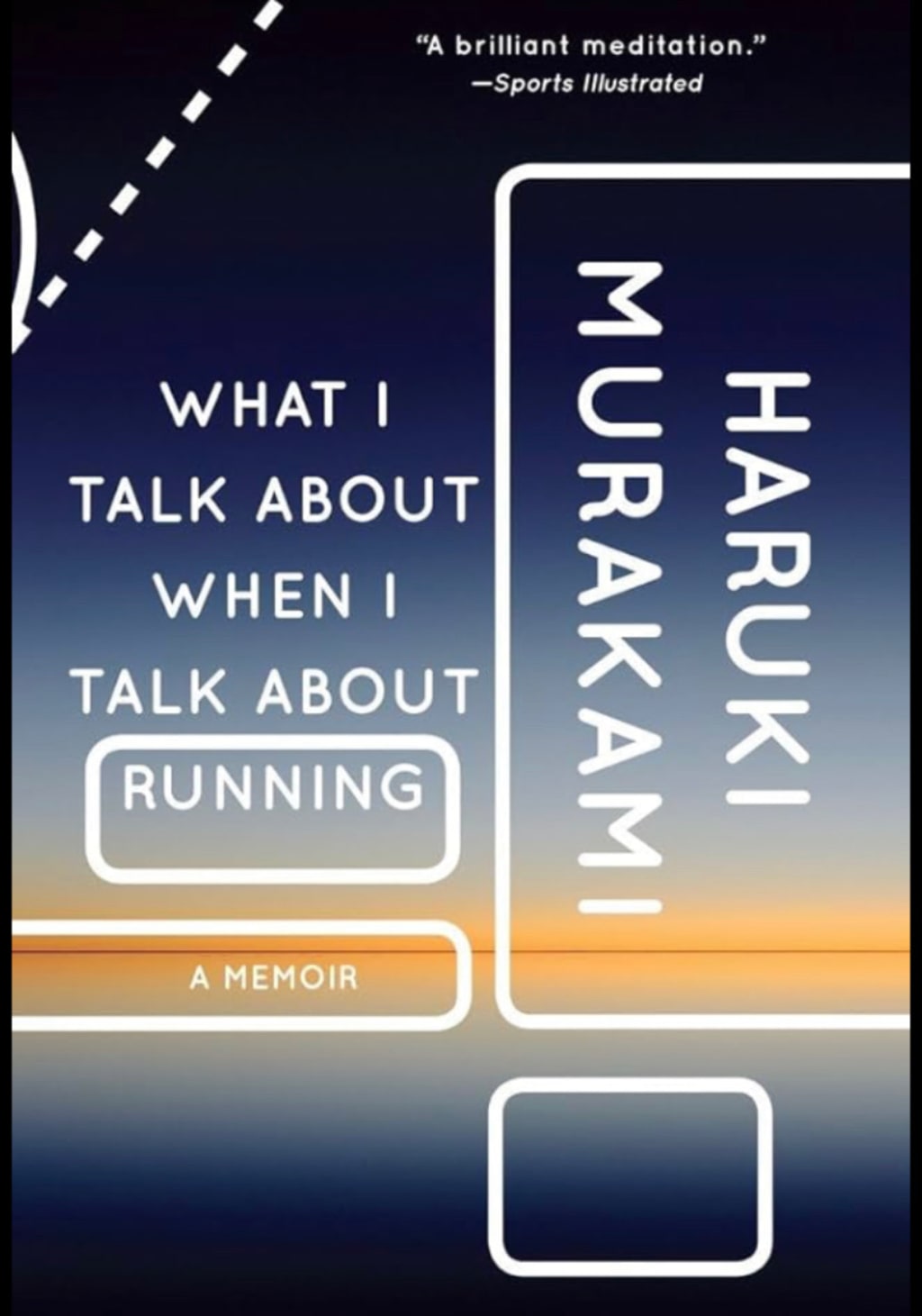
Hey there, I was just going through the books I’ve read last year and just looking into why I read them plus how I felt at the end. Last year was a pretty “interesting” one for me in terms of books. I started waaaay more than I’ve finished (deemed it the DNF YEAR to say the least), but I had some that really captured me. So, without further ado, here are some of my favorite books of the year (5/40 books total last year)
1. In the Dream House by Carmen Maria Machado
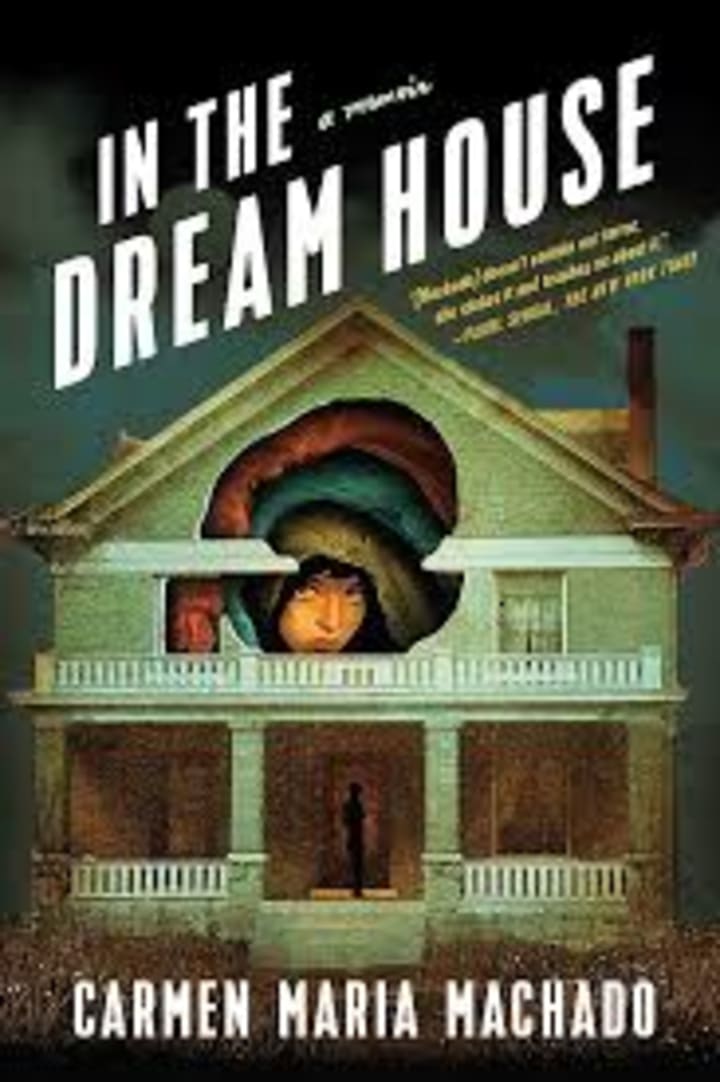
Genre: nonfiction-memoir-lgbt+
Warnings: physical, sexual & emotional abuse, mental disorders
I had heard about this while looking up books about queer/same sex abusive relationships, a topic that isn’t discussed often or properly when it is given the time of day.
It is amazingly written, though it is hard for me to judge memoirs and whatnot, it was easy to understand, but not completely outright at times. I had to sort of piece together things, and it wasn’t quite linear as a story may not be, especially one that’s true to the person telling it and very hard to talk about.
I could see the growth in Machado. I could feel what she was trying to say even when she wasn’t saying .
It’s so easy to go, “why didn’t you…” or “the signs were right there,” in hindsight and she even played around with these thoughts at some points.
It gave tough questions and answers and ideas. It talked about queer movies, abuse in relationships, relating to horrible characters, mental illnesses etc. and I felt so much while reading it.
One of the highlights: a “you pick” part. You choose how she responds to a situation
⭐️⭐️⭐️⭐️⭐️ because how could it not be
2. All This Could Be Different by Sarah Thankam Mathews
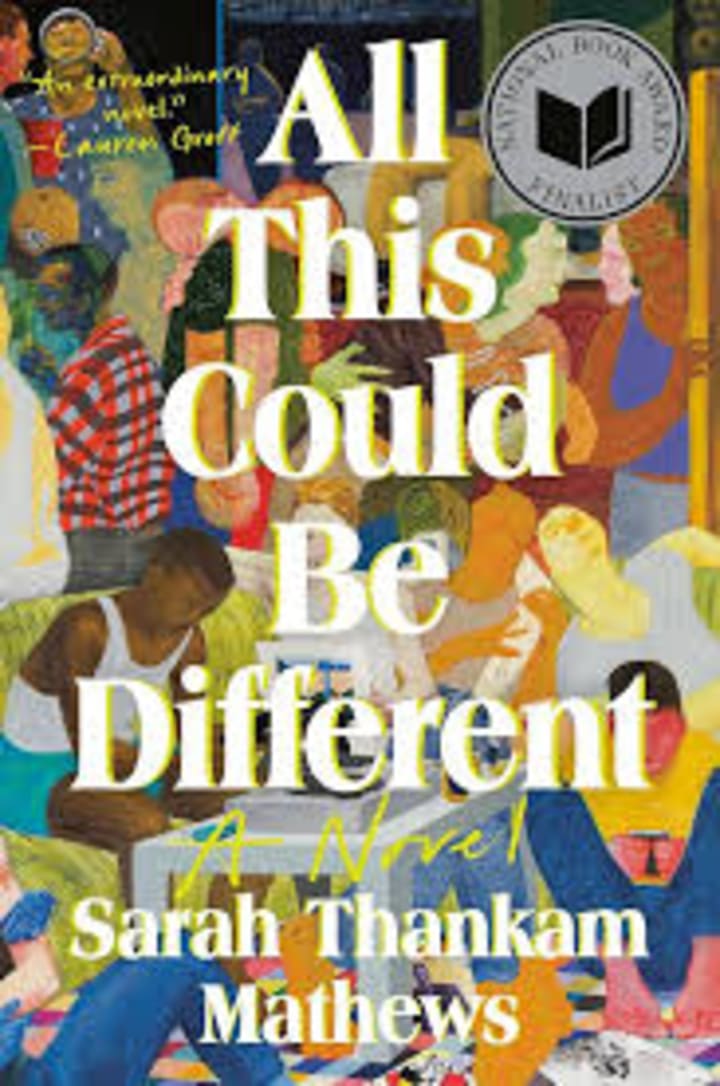
Genre: fiction-lgbt+
Warnings: biphobia, transphobia, racism (well to my memory, there were jokes, and they were accepted due to it being between friends, but it did talk a bit about having to fit in due to race too), drug abuse, alcohol, physical assault,mental illness, fatphobia
The main character is a queer Indian woman (in her 20s) named Siena, who gets into relationships and ends up latching to a particular woman. But, it’s not just that romantic stuff. It’s about building a found family and that’s something I quite love as a fellow queer. It’s about running from love and drowning in work, and trying to hide these dark parts of yourself because you don’t even feel like you should acknowledge those parts due to being a minority, and thinking “hey, well I just gotta keep living. What? Am I gonna just cry about it?” It’s about not thinking your friends will love you if they knew things.
The side characters are awesome. I love how they all have their own story, and I get them. I love how everyone felt real, even if you didn’t quite like them as a person, you liked that they were truly drawn out. Everyone seems equally valuable and important. There’s Thom (work buddy who talks gross and candidly with her as she does with him), Tig (Black woman who is left leaning, vocal, and very loving), Amit (the ex-boyfriend who is doing well in life), a family who was sent back to India due to legal issues (her father’s business), and the lover aka Marina (white woman who Sneha can’t really understand, wants to be like, adores, and pushes away…very messy in a scary way at times). We got every kind of relationship in this down perfectly. I wanted a tad more from the family issue side, but not quite. What was given made enough sense.
I technically rated this 4.75, but I can’t remember why. I think it was because I skipped a bit of it due to having to hurry to give it to someone, so I felt bad giving it a full 5? But, we’ll add it to this list and the one next…yea. Also, didn’t like how some things were passed over like opinions of the characters that I just felt were gross, but I have to remind myself not all characters (due to not all people) being perfect…and that’s just apart of the way the story keeps going, to show this.
I also love the ending. It was practical and still heartwarming. Love when things sting in a good way.
3. She Memes Well by Quinta Brunson
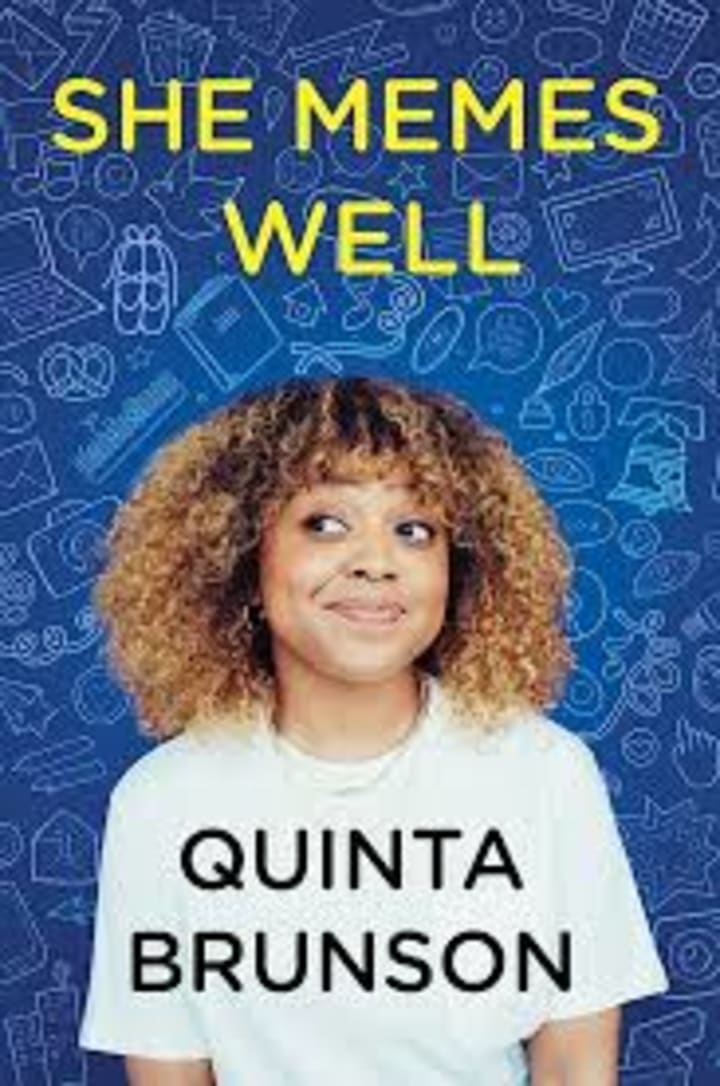
So, I apparently have a thing for memoirs. This will be quick: funny, inspirational, funny, well written, funny, I got an understanding of how Quinta Brunson got started & how her childhood was, funny
I have been really into comedy these days, and this made me want to try my hand at it even more. Maybe one day. Anyway, this was hilarious. She seems so driven and also laidback at the same time. Ups (becoming a meme) downs (being broke while being a meme), growing up in a religious household, partying, learning how to adult, couch surfing, working for Apple, moving around to follow her dreams, taking comedy seriously, working and knowing when to leave things…even if those opportunities were great.
Rate: well, 5/5 of course
4. Brown Girl Dreaming by Jacqueline Woodson
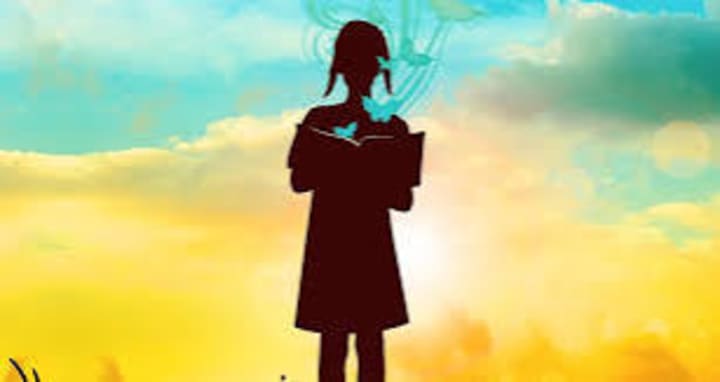
*a memoir written in verse*
tw: death, racism
I’m a sucker for 3 things: a memoir, prose (poetry), and Jacqueline Woodson’s work. Beautiful is an understatement.
This memoir explored her growing up and finding her love for words. It also deals with growing up a JW, moving, making friends, avoiding racism by moving yet still having to be protected in certain areas, her siblings and one ingesting lead paint…
She learns about her family’s history, the Civil Rights Movement, and the Black Panthers.
Solid 5/5
5. What I Talk About When I Talk About Running by Haruki Murakami
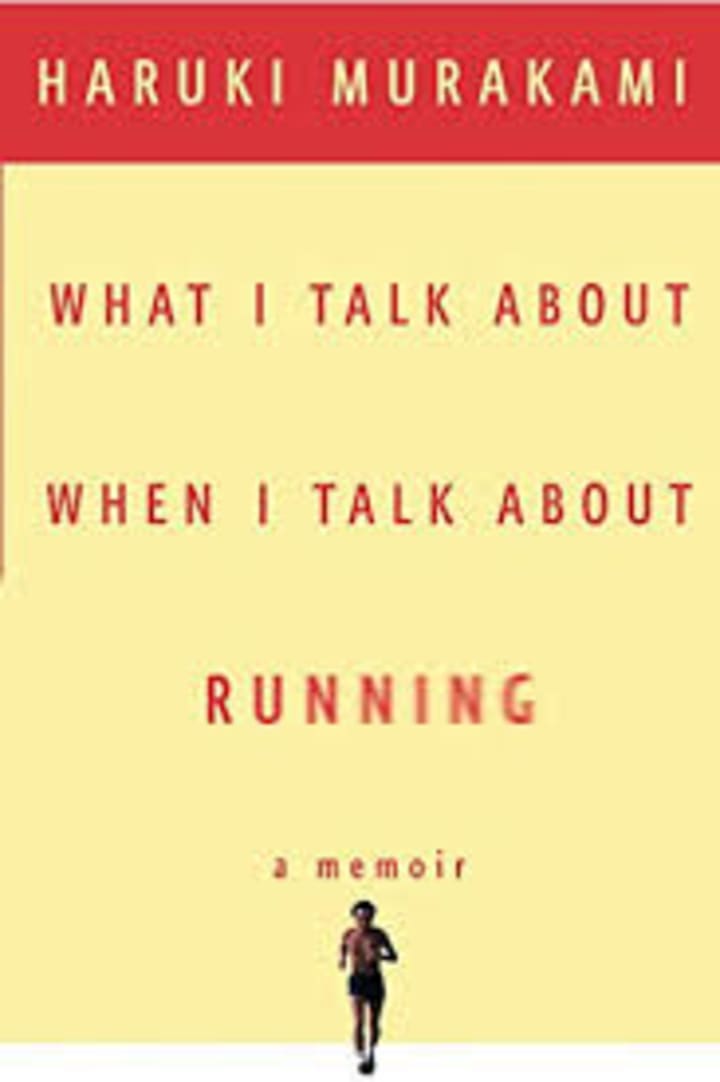
I’m a big time runner. I can’t get enough of the panting and regretting my life decisions apparently. No, but seriously, I love running and I love reading memoirs. So, of course I would pick up a memoir about a man’s journey with running. I also chose this book because I hadn’t had any luck with loving his fictional stories (I’ve never completed one, so maybe I’ll circle back), and heard that people typically enjoyed his nonfiction works if they aren’t a fan of his fictional worlds. I decided to give this style of his a go.
And I’m glad I did.
Admittedly, there were points where I was like, “hmm…why did we need to mention that,” but overall it was pretty darn good and that may be because I am very interested in the subject in general and I liked how “to the point” it was. He said there were races. He talked about training to reach his goals. He talked about both accomplishing and failing his goals. And that was that. He intertwined writing with racing and spoke on aging and being unable to just do things the way he used to be able to do them, and that was already something I was dealing with in the time of reading it. I think reading a certain book when you’re in a certain place in life really impacts how you enjoy or handle the material. I just so happened to be thinking about my changing body, my job not allowing me to run as much, and considering different types of races. These were the very things in the book.
In the end, I think that it was just the simplicity and topic timing that sold it.
I gave this a 5 because there wasn’t anything to say otherwise really. What I Talk About When I Talk About Running by Haruki Murakami
I’m a big time runner. I can’t get enough of the panting and regretting my life decisions apparently. No, but seriously, I love running and I love reading memoirs. So, of course I would pick up a memoir about a man’s journey with running. I also chose this book because I hadn’t had any luck with loving his fictional stories (I’ve never completed one, so maybe I’ll circle back), and heard that people typically enjoyed his nonfiction works if they aren’t a fan of his fictional worlds. I decided to give this style of his a go.
And I’m glad I did.
Admittedly, there were points where I was like, “hmm…why did we need to mention that,” but overall it was pretty darn good and that may be because I am very interested in the subject in general and I liked how “to the point” it was. He said there were races. He talked about training to reach his goals. He talked about both accomplishing and failing his goals. And that was that. He intertwined writing with racing and spoke on aging and being unable to just do things the way he used to be able to do them, and that was already something I was dealing with in the time of reading it. I think reading a certain book when you’re in a certain place in life really impacts how you enjoy or handle the material. I just so happened to be thinking about my changing body, my job not allowing me to run as much, and considering different types of races. These were the very things in the book.
In the end, I think that it was just the simplicity and topic timing that sold it. He was honest. He told of his challenges, and it was nice hearing how he ran and swam and biked and how sometimes even he failed or wanted to give up.
Here is the issue that I faced though: talks about gaining weight, and possible fat phobia. I made sure to google other opinions and thoughts on this book and certain sections. I think that all in all there is a fine line between, “hey, it alright if you want your body to look like that/i don’t care if you do or not, but this is my body and I want to work towards getting it to look like this,” and “I cannot allow myself to gain this weight because then I’d be disgusting/people who look like this are disgusting.” I think this book was easy to scrutinize because I’ve tried reading and listening to Murakami and it didn’t seem as though he recognized certain characters/thoughts as “wrong“ (mainly the sexism in his books-runs rampant and it has been pointed out). Some people write crappy characters, and I believe these characters need to exist. The issue is when the author does not acknowledge or believe this character is bad, or if the book itself does not and this second point can be also argued, but the idea is that: if you write a harmful character, then you need to know they’re harmful. And to my understanding, not only does Murakami not know, but he reuses the same ideas in most of his work that I’ve seen people point out.
That’s why reading certain parts in this made me do a double take. I can’t necessarily tell what he is saying. I didn’t want to put his fictional works too close to this personal one, especially as someone who doesn’t know his exact thoughts on certain parts in his stories. All I know are the following:
He points out how he ran a bar, and he ate a lot of donuts. Therefore, he was putting on pounds. He didn’t like how his body felt or looked and knew that he would need to workout to be able to keep his body the way he wanted it to be as he aged and continued his other habits.
That does not sound wrong in general, but I cannot say I was fond of it while reading it and couldn’t tell if I was looking for an issue when all he was doing was being clean cut (his style is very factual and just easy). I wondered if this was a cultural way of speaking about a certain thing, or even looking at one’s body as I’ve noticed shifts here (Western media) and how we write about topics such as this. Nowhere did he say, “being fat is absolutely appalling,“ and I do understand how difficult it would be to not talk about your body and body goals when discussing working out/training for any sport.
It isn’t inherently wrong to go, “oh, I’ve put on pounds and want to workout to lose these pounds, and this will take a lot of dedication due to what I’m used to (the opposite lifestyle). And that is what he seemed to be saying, yet…I don’t know.
Sidenote: he also mentioned a runner who was a woman and it felt like he was being pulled away from saying something weird. I can’t remember the line, but once I do, I’ll put it here.
I like it when stories unintentionally give me ideas to learn and write about, and this one has. I have been studying how we speak about weight gain, loss and how to be more kind towards others, while also being true to what we want for our own bodies.
So, this one left me with interesting feelings and thoughts. Very inspirational and easy read, but I do want to have a chat with him and others I’ve found on how they talk about weight and working out, and their very problematic characters.
Anyway, that’s the end of that. Thank you for reading
About the Creator
Jay,when I write
Hello.
What?
23, Black, queer, yup






Comments (1)
What an interesting and varied list of books. I avoid books that deal with pain, it upsets me too much. But if the story is part of a bigger picture maybe i will take a read. Great review of the books.